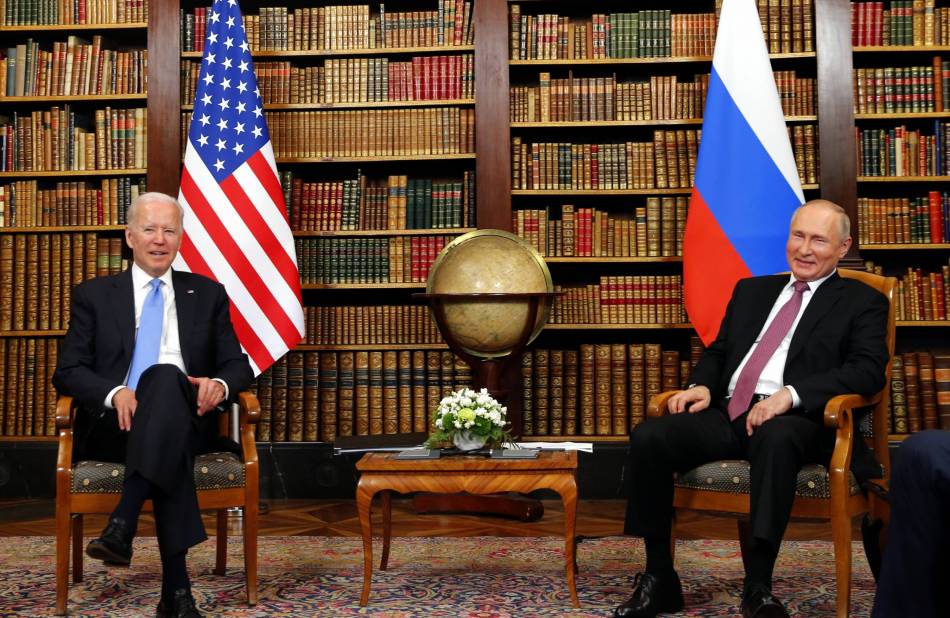GENEVA (AN) — With tensions approaching Cold War-era dimensions, U.S. President Joe Biden and Russian President Vladimir Putin agreed to restore ambassadors to each other's nations and to start negotiating a potential replacement for their last nuclear arms treaty at a Swiss-hosted summit on Wednesday.
The two leaders turned to Geneva's multilateral hub of finance and global diplomacy to sort out their adversarial relationship, meeting for less than three hours, shorter than expected, for a stern exchange of views and boundary-setting.









